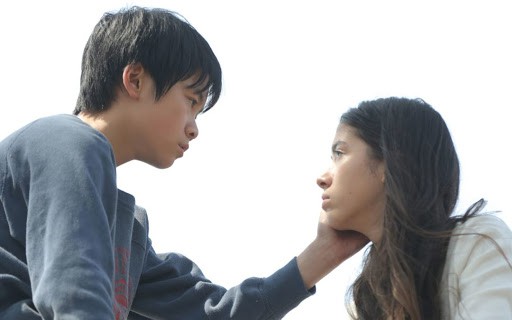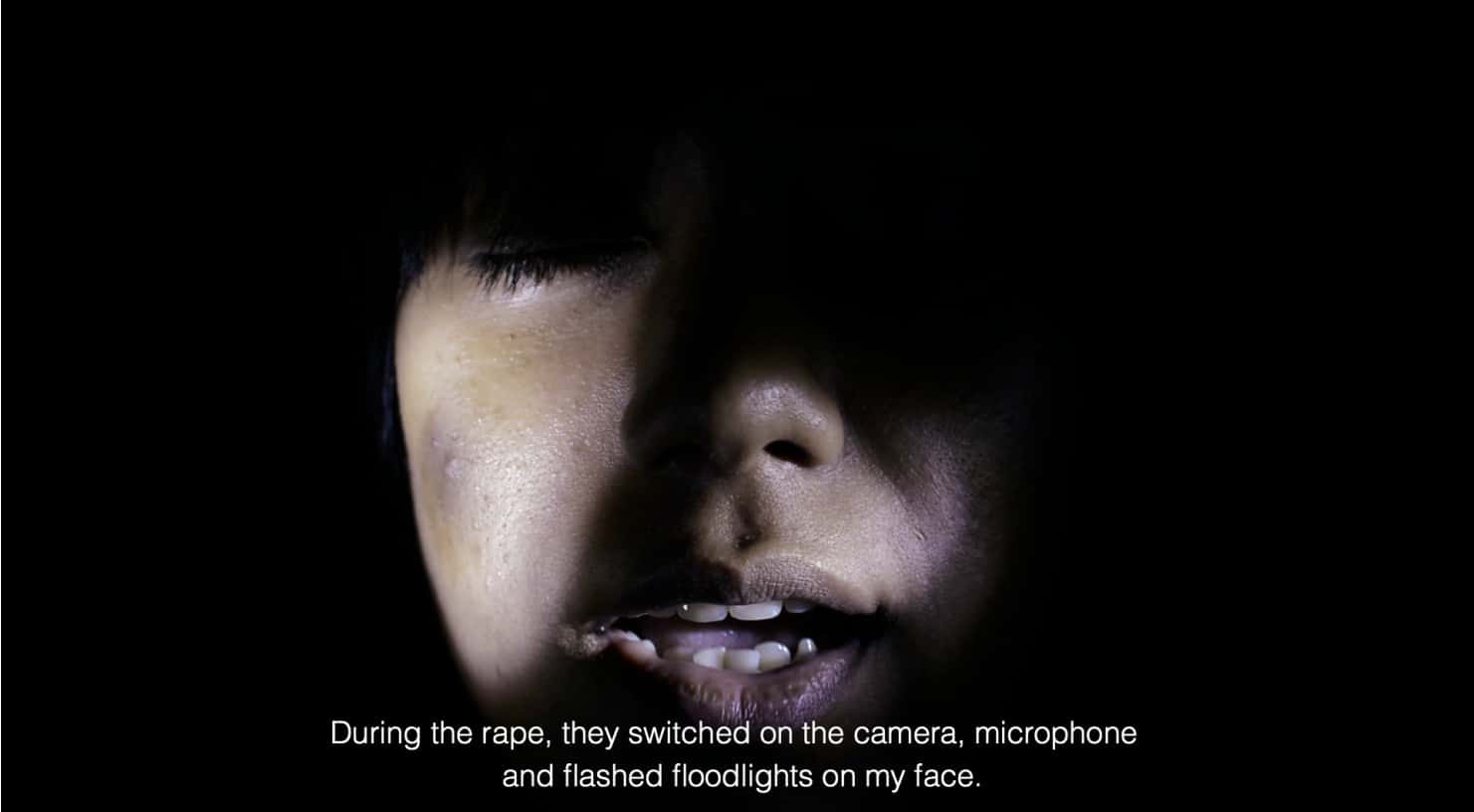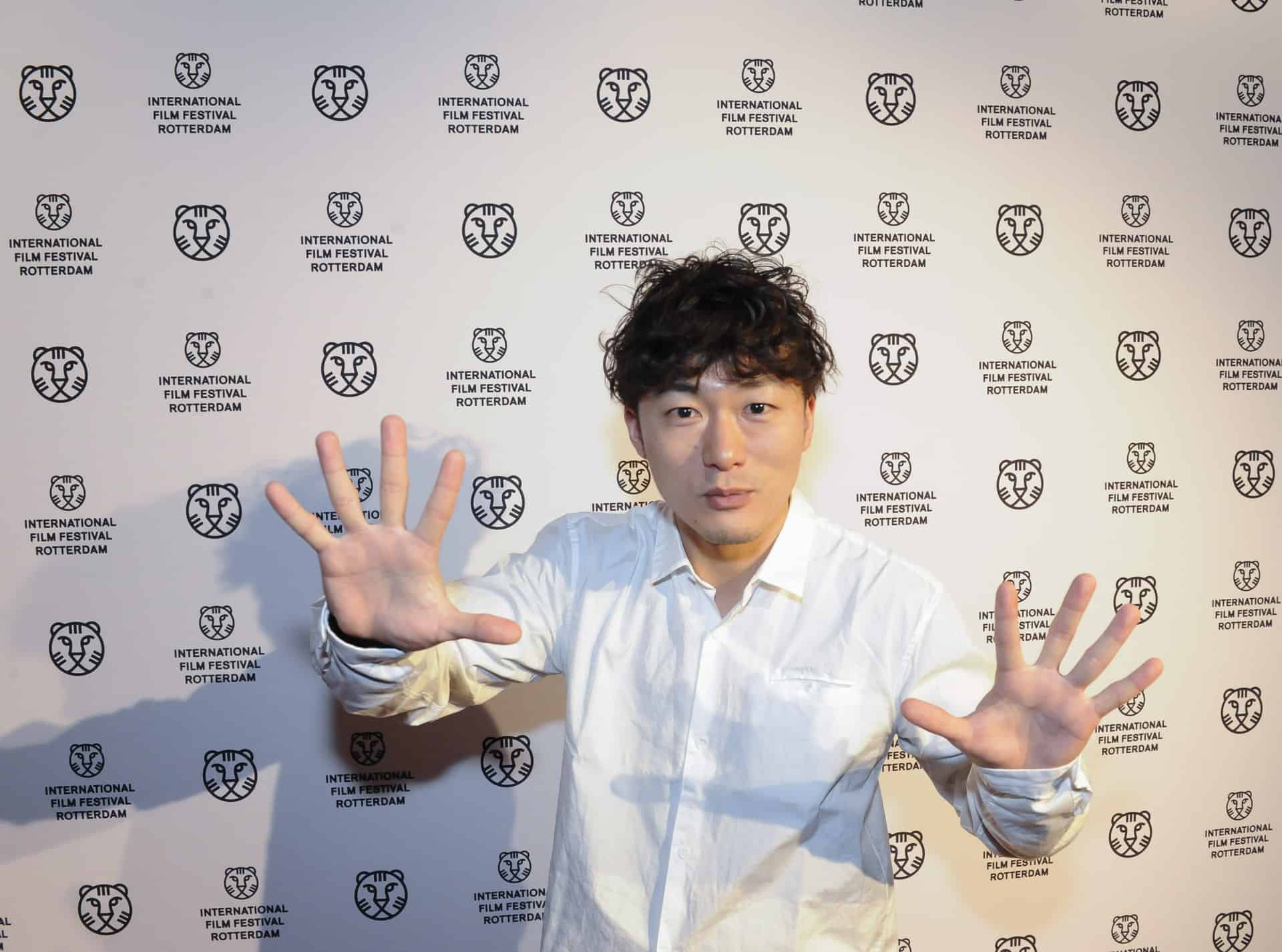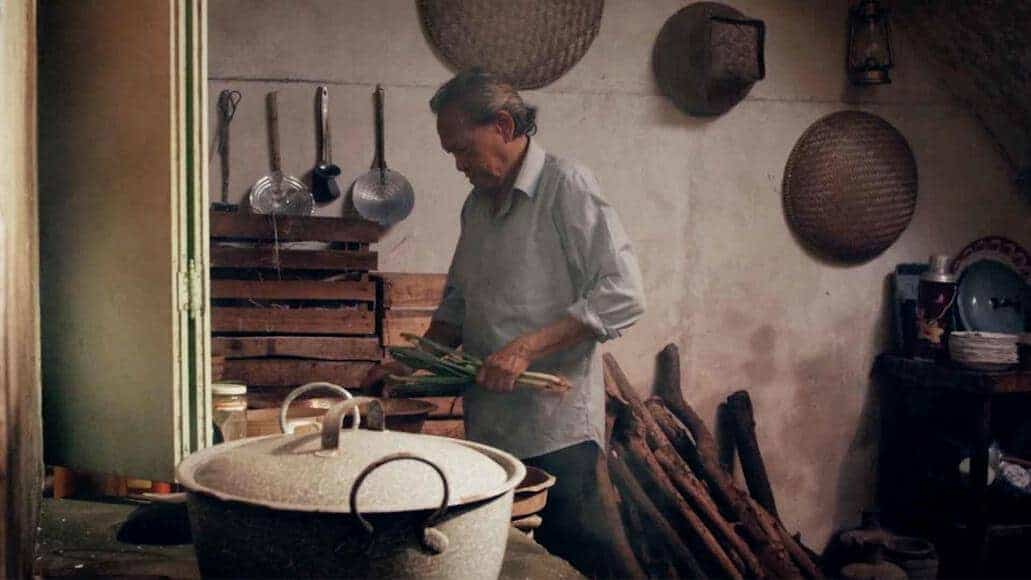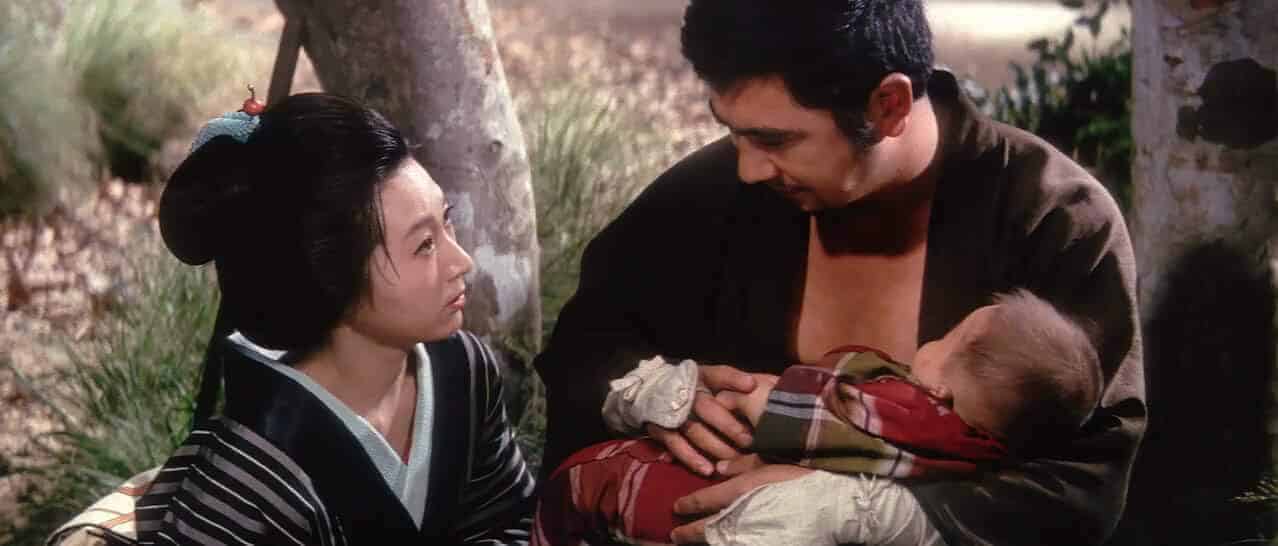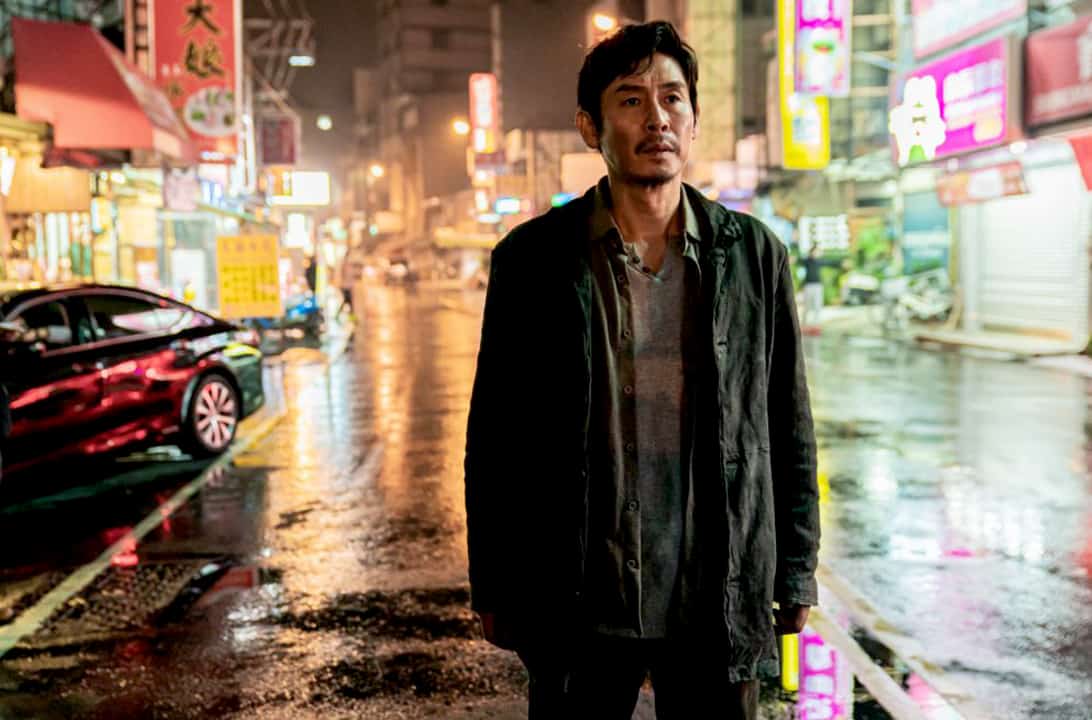For many reasons, the idea of being alien or feeling like one is certainly attractive for a storyteller. Given a person's biography, we have all been through times, especially when we were young, which have not only made us aware of the changes in the world around us, but also how we have changed. Transitioning from one state into the other, the idea of change as a constant in our lives is both encouraging and fearful, raising questions about how much influence we have on these processes and resulting in the realization that nothing – even our own bodies – will stay the same. Keiko Tsuruoka tells a story of such a period in a young boy's life, whose feeling of a world which has become alien to him is reflected in him meeting an actual alien.
“Makuko” is screening at Nippon Connection 2020

Satoshi (Kikaru Yamazaki) lives in a small Japanese town where his parents own a small hotel. While his mother takes care of the costumers and the everyday business, his father is more like a handyman, busy chasing after other women and entertaining an affair with another woman in the neighboring town. Due to the behavior of his father, Satoshi resents the adults around him and would rather stay the same age without growing up and becoming an adult. At the same time, he realizes he is probably not going to be able to stop this change from happening, leading to frustration and animosity between him and his father.
However, his world is turned around when a new student, Kozue (Ninon), arrives at his school. Not only is she quite beautiful and the subject of much talk among Satoshi's classmates, she is also quite weird as she does not know about everyday matters and frequently asks awkward questions. As she and Satoshi often hang out, she confesses that she and her mother, who works at the hotel as a servant, are aliens from another planet whose real form does not allow them to change, making them eternal. Their mission on earth is to find out about death and how earthlings deal with it.
In general, the idea of blending a coming-of-age narrative with elements of science-fiction has often worked quite well. Similar to Randal Kleisers' “Flight of the Navigator” or Steven Spielberg's “E.T. the Extra-Terrestrial”, the alien character and its mission on earth mirrors many of the central human characters conflicts and experiences. In the case of a film like “Makuko”, the narrative still works quite well, which is, above all, thanks to the performances by the two young actors, Ninon and Kikaru Yamazaki. Whereas Yamazaki portrays Satoshi as the “stubborn child”, sad and angry about the inevitable nature of change in himself and his world, Ninon's Kozue expresses both bewilderment and wonder about the beauty of the world, especially the ability of things to change and transform. The central image of throwing leaves into the air, of falling leaves being the epitome of what makes earth beautiful, becomes the center of the film as well as their scenes together.
Considering the viewer is led by Satoshi's narration and portrayal of his world, we automatically adopt his opinion, especially regarding adults. While Kozue and her mother stand out due to their behavior and lack of knowledge regarding the world around them, the “human” adults seem nonetheless alien, often childish in the way they behave. Especially in later scenes, the script written by Kanako Nishi exposes this kind of view, emphasizing the change of the central character but also how “being alien” is part of life, or indeed every form of existence. “You are an alien too” Kozue tells Satoshi at one point, which quite fittingly also sums up the rather simplistic nature of this film.
In the end, “Makuko” is a film about change as an inevitable fact of life and how to embrace it. Due to the performances of her cast and some interesting symbolism, you might forgive Keiko Tsuruoka's feature for being not only predictable at times, but also too long for its own good.


